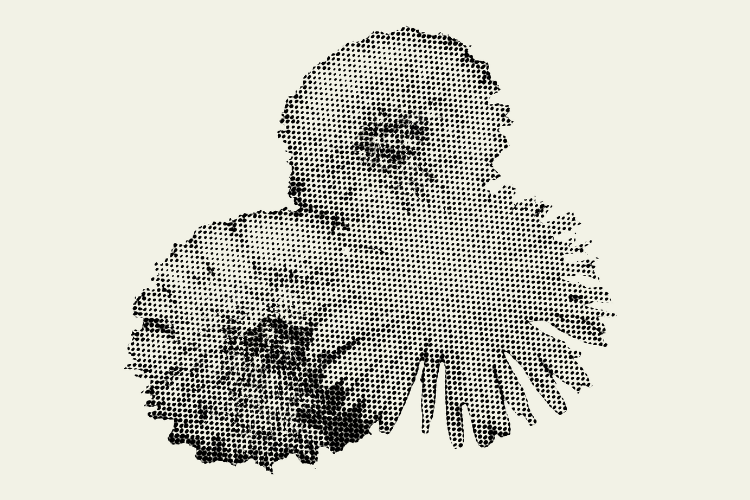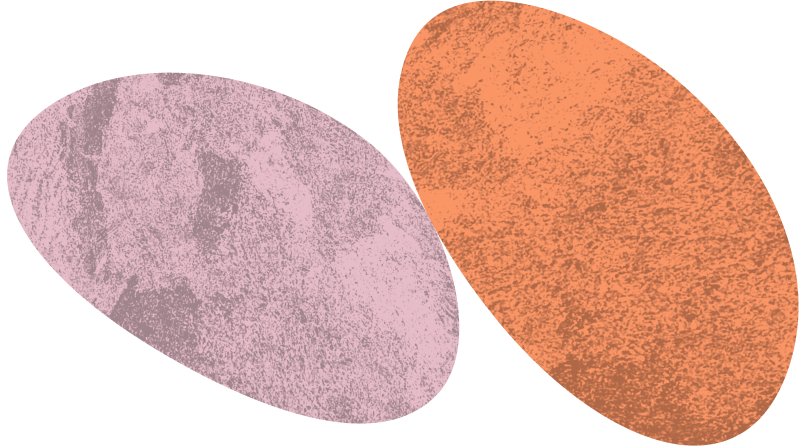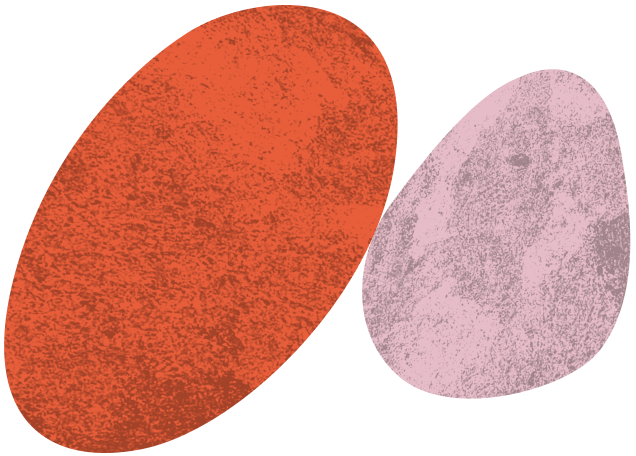Reclaiming Grief as a Collective and Creative Act
Grief is a sacred human capacity. It rises from love, lives in the body, and, when we allow it, can guide us toward healing and transformation. Yet in dominant Western culture, grief is often hidden or minimized. We are taught to “move on,” to “stay strong,” and to continue producing.
But what if grief isn’t something to fix or get through?
What if grief is a practice? One that asks to be tended, expressed, and shared?
We are living in a time of layered loss—loved ones, identities, ecosystems, dreams, and familiar ways of being. How we meet grief in these times matters. It shapes how we relate to each other, how we love, and how we imagine what comes next.
Martín Prechtel writes:
“Grief expressed out loud… is in itself the greatest praise we could ever give. Grief is praise, because it is the natural way love honors what it misses.”
Relearning the Language of Grief
For many, grief has become a private experience, something to manage quietly and alone. But this has not always been the case. Across cultures and ancestral lineages, grief was a shared event. It was witnessed in ritual, expressed through song, movement, silence, and touch. It was understood that grief needs others. It needs a container.
Francis Weller speaks to the role of silence in this process:
“The most basic experience of silence is intimacy… It is a process of hollowing ourselves out so we can open to what is emerging.”
Silence, then, is not an absence but a way of listening. It makes space for grief to speak and for us to receive its teachings.
A Collective Arc: Grieve, Take Refuge, Plan, Act
Rather than a fixed process, this arc offers a way of understanding the natural rhythm of grief. These movements don’t always happen in order. They aren’t meant to be steps. They are moments we return to, again and again.
Grieve
This is the doorway. To grieve is to feel, fully and without rushing. It is to name what has been lost. It is to cry, to tremble, to be still. Grief is not a problem to solve. It is a truth to honor. When we let it rise, it can soften the heart and make space for movement.
Take Refuge
In deep grief, we need others. Not to fix us, but to be with us. Taking refuge means finding sanctuary in community. It might mean gathering with others, sitting in shared silence, or being witnessed without judgment. Refuge is what reminds us we are not alone.
Weller reminds us that the heart is the organ of receiving. In refuge, we open the heart to what is too big to carry alone.
Plan
When grief is tended and the body is held, something often begins to shift. There is space to notice what is possible. The “plan” is not about productivity. It is about listening to the glimmers of life returning. We start to remember what we are called toward. The next right thing becomes visible.
Act
From here, we move. Not out of urgency, but from connection. The action that follows grief is grounded. It is often quieter, more attuned. We step forward not because we are healed, but because we are changed.
Prechtel offers this reflection:
“Praise is Grief’s voice… singing the world back to life.”
The Role of Ritual
Sometimes grief calls for ritual. That may mean lighting a candle, writing a name, placing stones, or offering water. These simple acts are reminders that grief is real, and that it matters. Ritual helps us honor not just the loss, but the love that made it possible.
Grief lives in our bodies. It lives in land, memory, and relationships. It is not only emotional. It is ancestral, spiritual, and communal.
Grief is not a detour from life. It is life’s teacher.
It reminds us what we love.
It brings us closer to each other.
It prepares us to begin again.
Let us meet it with reverence.
Let us carry it together.
Let us praise through our tears.
Let us remember that what we grieve is worthy.
This blog is a collaboration between Jen Cohen, Aviva Luz Argote, and Kelsey Glatts Burrell. Inspired by Jen’s work with Francis Weller who wrote The Wild Edge of Sorrow and dedicated to Gina who experienced and touched deep wells of loss this year.





